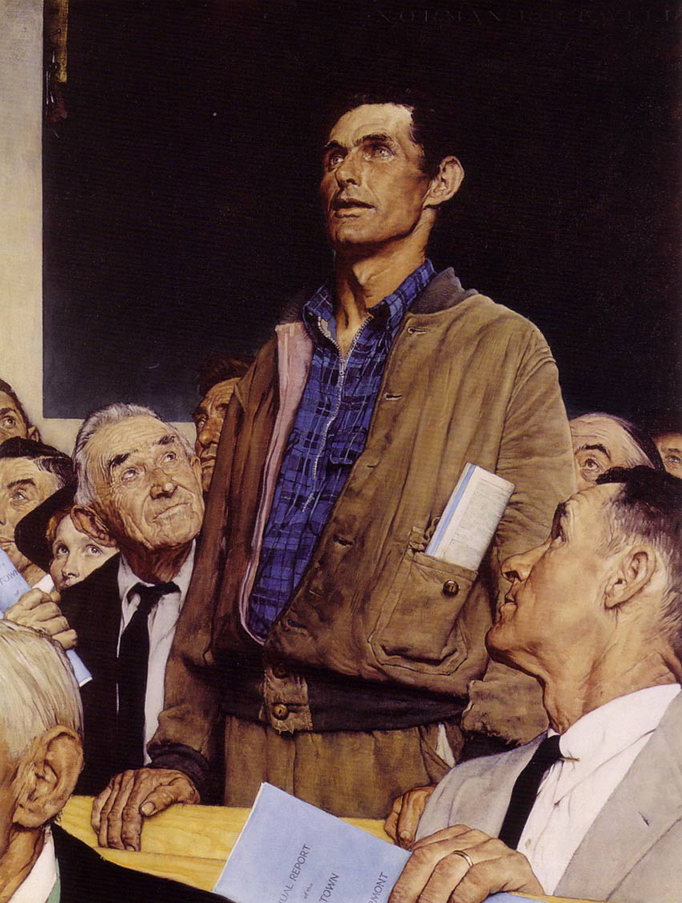The Chapel Hill News (CHN) just posted Lisa Hoppenjans’ initial article on the Madison trip (Lisa is one of three reporters bird-dogging the event).
Aaron Nelson once again weighs in on the importance of building personal relationships amongst the delegation:
“There’s certainly room to improve the quality and tenor of communication when we are in disagreement. When you have breakfast with somebody, it changes the nature of the relationship,” Nelson said. “It doesn’t change your disagreement. It just means you’re more likely to talk about it before you throw a brick.”
How much will that brickless breakfast cost?
With a few more details and “facts” than the HeraldSun article, the CHN provides the following nice breakdown of governmental expenditures:
Money spent so far by local governments to send public employees and elected officials to Madison, including airfare, ground transportation, hotel rooms and most meals.
Carrboro………………………….$6,920
Chapel Hill…………………….. $11,805
Hillsborough………………………$2,490
Orange County…………………..$5,588
The $26,803 doesn’t account for the nearly 20 UNC employees (at $1100-$1300 a pop). While the CHN mentions the $26,803 is the cost after the organizers “scholarship award” reductions, it doesn’t list who got the discounts. I’m interested. Maybe the organizers, in the spirit of transparency, will publish the complete breakdown of who paid out-of-pocket, who used institutional funds and who surfed on the public’s largesse.
Included is a funny recollection by former Chapel Hill Mayor (and my neighbor) Jonathon Howes’ of the power of a similar trip:
Former Chapel Hill Mayor Jonathan Howes went on several of the Public-Private Partnership trips. Howes, now at UNC as special assistant to the chancellor for local government relations, said things residents see now in Chapel Hill were specifically influenced by those trips.
The idea for the Downtown Commission, which has evolved into the Chapel Hill Downtown Partnership, came from what a similar group of participants learned about in Boulder, he said.
Well, that trip to Boulder was over 25 years ago and not all the folks on 1991’s Council were happy about it.
Council Member Andresen inquired about the Town’s annual membership dues to the Public-Private Partnership. Council Member Werner said approximately $1,200. Mayor Howes stated that the Public-Private Partnership was an organization composed of community leaders, serving as a forum for discussion of ideas of mutual interest. Council Member Werner expressed concern that it was not a Council-wide decision to join the Public-Private Partnership. Mayor Howes said that specific information on memberships was outlined in budget detail information. Council Member Andresen suggested that Council Members provide reports on the out-of-town public official trips in the future. Council Member Herzenberg noted that a full report had been made on the PPP’s trip to Boulder, Colorado. Council Member Andresen said that decisions concerning memberships such as the PPP should be made in a more open manner. Mayor Howes said that if the PPP took any future trips, the Council might wish to consider a resolution on funding and related matters.
The actual evolution was: Downtown Commission (strangled by Mayor Foy’s lead to defund), the unfortunately acronymed Downtown Economic Development Corporation (DEDC/”dead sea”) and, now, the Downtown Partnership (DPC).
Though quite effective sponsoring downtown events, handling recycling, sprucing up Franklin St. the Downtown Commission hit a bump when they endorsed a draconian panhandling ordinance (and produced the interesting 2002 Kaufman report on downtown’s homeless “feeding frenzy of bars, casual restaurants and tourist/university gifts”).
The DEDC, much more University oriented, hit a major bump, including the principled resignation of their chairman – attorney and former officeholder – Bob Epting, when they insisted on carrying out the public’s business behind closed doors.
The DPC, under Liz Parham, has done a much better job. Excepting some inherited issues with 501c3 status/conflict of interest, the DPC, more than a couple decades after the Boulder trip, is living up to its promise.
May the flowers of Madison bloom somewhat more quickly.
